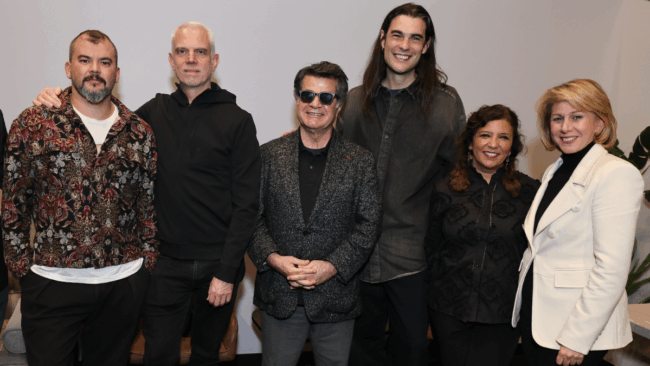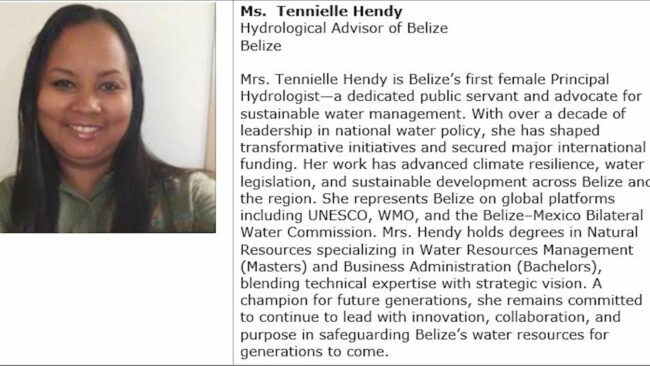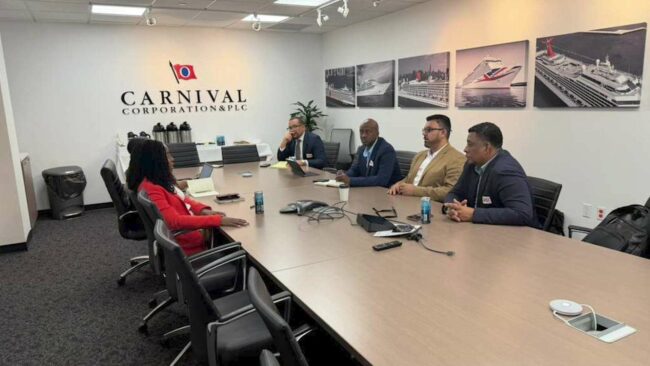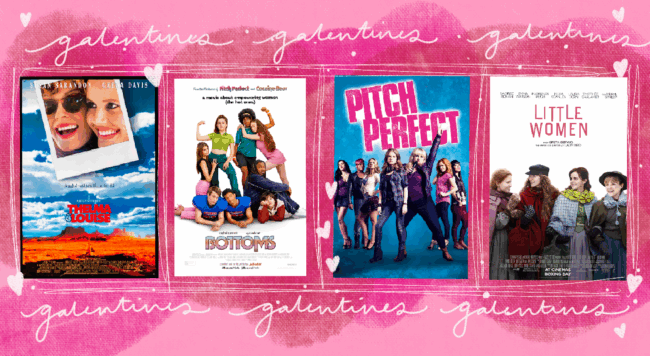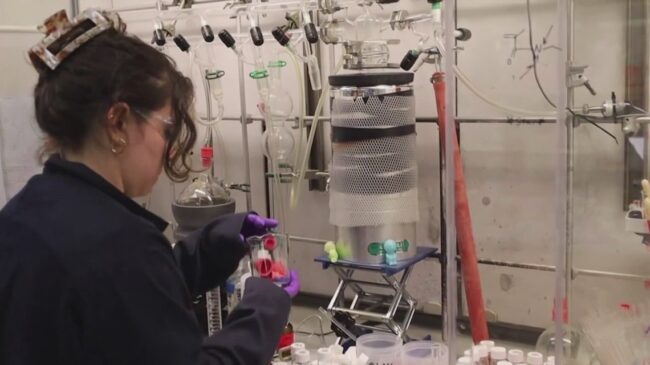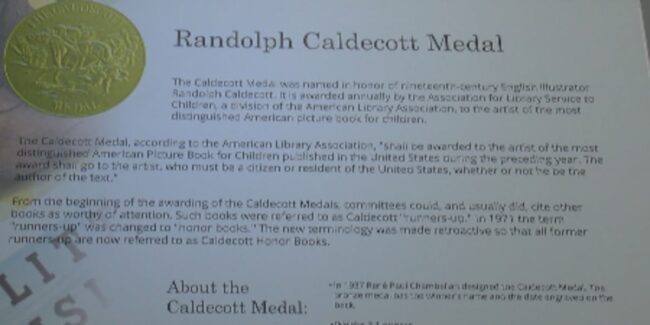Jodhpur Travel Blog: Top things to do in the blue city; say khamma ghani to colourful lanes, stepwells & royal wonders
Jodhpur Travel Blog: The second-largest city … place, something rare in busy tourist cities.
Umaid Bhawan Palace
Umaid … , with locals as well as tourists the people are very welcoming …


